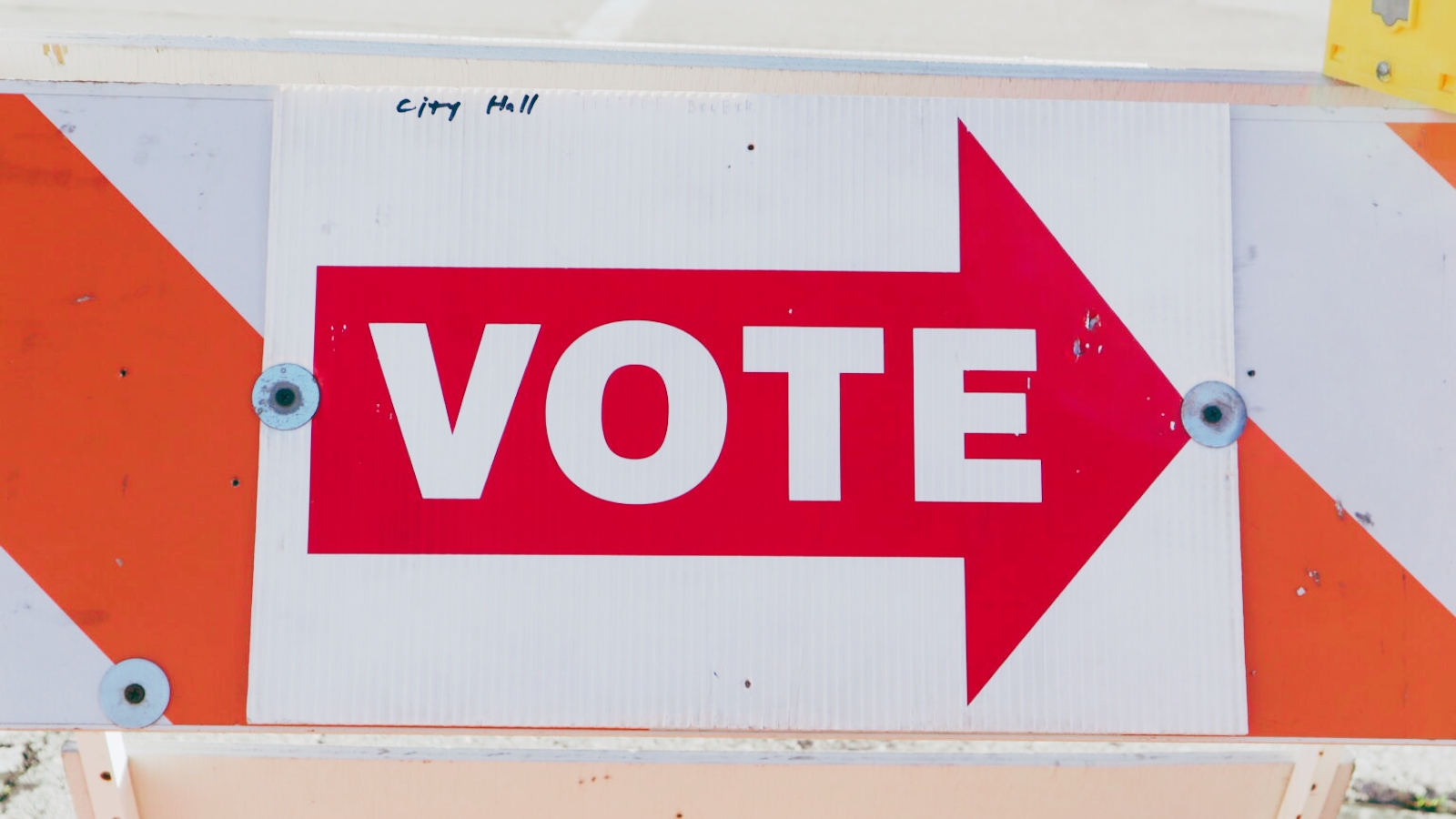
Beware the Allure of Trump Trade
If you drive across the Rust Belt or pretty much any industrial town in America, it’s pretty easy to see why Donald Trump’s aggressive trade stances appeal to so many Americans. In fact, it’s hard not to see, which is exactly the problem.
Because what you see walking through a once-proud town that used to bustle with steel mills or textile plants or parts manufacturers is emptiness. And lots of rust. You see goods like we used to make here, stamped “Made in X”, where the ‘x’ in this equation rarely equals America, and all too often equals China. You see the news reports of another company moving its operations over to Mexico, or Korea, or India.
You see proud, hard-working Americans just getting by, having lost the job that they thought they had for life.
You can’t see the toxic policies emanating from the marble and sandstone buildings of a city built on a swamp far away. You can’t see how red tape and taxes sap money from businesses that could be flowing into new investments, higher wages, more jobs.
You can’t blame people for being moved by what they can see.
And I don’t mean to discount the very real trade manipulations that are out there. China, in particular, absolutely does subsidize its goods, manipulate its currency, and steal our trade secrets. A lot of the trade agreements out there really do favor large, multi-national corporations at the expense of their smaller competitors.
So when Trump takes the stage and promises to strike back, to get even with these countries that are undercutting American jobs, that is music to the ears of Middle America.
But his solutions are largely based on punishing those countries that have undercut American jobs, that have behaved unfairly, however that is defined. Scrapping trade agreements, slapping tariffs on our competition, punitive taxes on companies who outsource – these policies appeal to that base sensation that we all share, that primal satisfaction of getting even with someone who has wronged us.
But the thing about a trade policy based on getting even, on just making things “fair,” is that once the schadenfreude has vanished you have to actually deal with the results of your ill-considered revenge. Slapping huge tariffs on goods from “cheating” countries raises the price of those goods for us, the consumers of those products. They also invite retaliation, now punishing American exports and causing pain for those companies which have not yet moved overseas.
None of this brings back those jobs we’ve lost, at least, not on the scale we need. There are plenty of other reasons besides currency manipulation and cheap labor for companies to shift jobs away from US shores, and until we make ourselves competitive again, most of those jobs aren’t coming back.
But the appeal of economic revenge is that it can be seen. “They may raise my prices a bit, and I still don’t have my job,” one might think, “But those tariffs sure showed those cheating Chinese bastards who’s the boss.”
Meanwhile, among the rusting beams of the empty factories, there is no glimpse of change when we lower our corporate tax rate, currently the highest in the developed world. As we reduce federal regulations, and lower the barriers to starting new businesses, a glass pane falls from a window no one looks through, and shatters upon the grass that now grows in cracks on the concrete floor.
The environmental regulations that increase transportation and building costs. The labor laws that let unions bully employers into benefits they cannot afford. The educational policies that have steered millions away from skilled labor jobs that remain open for lack of applicants. The political uncertainty that discourages long-term investments and encourages the hoarding of capital.
These are the things that have destroyed American industry, shipped our jobs overseas, left our workers struggling to find jobs and earn enough to retire. But they cannot be directly seen. They are only felt, as they cause employer after employer to cut back, shut down, or move to another country with something to offer, like workers who work for less.
If you got rid of all of these policies all at once, there would be a massive increase in investment and job growth here in America. No matter that our workers demand higher pay that most overseas – it’s cheaper to manufacture or at least assemble products here. Our desirable currency and our free-spending customer base guarantees that companies have every reason to want to invest here, if we’d only stop chasing them away.
We need to change our own policies to favor entrepreneurship and growth before we look overseas to wag our finger at others. But that’s not exciting; that’s not what sells. Anger sells, frustration sells, retribution sells. And Donald Trump is nothing if not a good salesman.
This article originally appeared on Conservative Review.
Free the People publishes opinion-based articles from contributing writers. The opinions and ideas expressed do not always reflect the opinions and ideas that Free the People endorses. We believe in free speech, and in providing a platform for open dialogue. Feel free to leave a comment.



